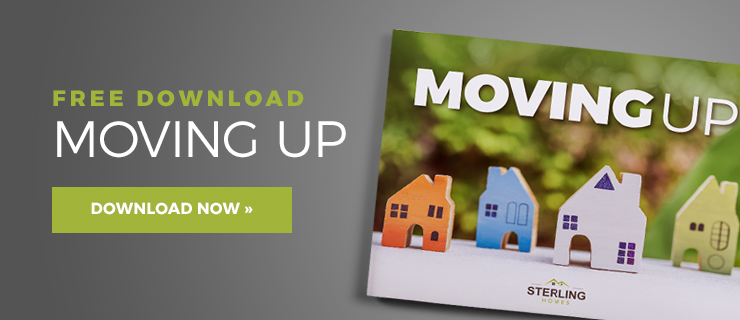
(Download a PDF of This Article)
You’re going to move. Congratulations on the big decision!
You probably have lots of ideas about exactly what you need and want out of a home—things you aren’t getting with your current living situation. That’s why you’ve decided on a fresh start!
Now, you need to figure out whether a brand new home or a previously owned home is right for you. Both have benefits and drawbacks, and it can be overwhelming to put everything together and come to a conclusion.
If you’re looking for a place to start, try asking yourself these reflection questions:
- Where can we get what we want with as few compromises as possible?
- What is available in the location we want?
- Are we willing to perform renovations/make improvements?
- Do we want to spend time on home, or hobbies?
Use the current housing market as a benchmark
Looking around the market will help you significantly in your decision-making process. Familiarizing yourself with what’s available is a great way to confirm or debunk some assumptions that could be influencing your decision—things like the current home prices in the location you’re considering.
Examining the market will help you determine whether your expectations on both sides are realistic. Can we really buy the type of house we want for our budget? Would a brand new home in this neighborhood price itself out of the current range?
Weigh the benefits and drawbacks
At a macro level, here are some pros and cons of new construction homes vs. resale homes:
New Construction Homes – PROS
- All new and under warranty
- Built-in energy efficiency creates a comfortable indoor environment
- New, modern appliances and technology
- Designed for today’s lifestyles
- Cutting-edge building materials that require less maintenance and repair
- Just move in and decorate—no projects or updates to be done first (Shop at Home Goods, not Home Depot!)
New Construction Homes – CONS
- Typically cost more upfront
- Not a good fit for people who enjoy DIY projects or fixer-uppers
- Can be challenging to find a place to live while the home is being built
- Building process may be overwhelming at times
Existing Homes – PROS
- Typically have lower upfront costs
- May provide opportunities for home improvements or DIY projects
- Good fit for people looking for a more traditional layout, such as formal living and dining rooms
- May be more room for negotiating the price or terms of sale
Existing Homes – CONS
- Require more maintenance and updates
- Some components may not be up to code
- Hidden problems may exist that you didn’t know about before buying
- List of projects and improvements can feel never-ending
- Higher operating expenses, less energy efficient
The bottom line vs. lifetime cost
No matter which option you end up choosing, budget is one of the most important factors in your decision. It’s important to understand exactly where your money is going now, and where it will be going in the future. In other words, should you invest more upfront and pay less for utilities, maintenance, etc. as you live in the house? Or is it better to take the lower upfront cost while paying more for the cost of living in your home down the line?
The answers to those questions depend heavily on your priorities and goals. Take the time to consider what will be best for you not just now—while you’re making this important decision—but down the road, when you will be living in your new home.


